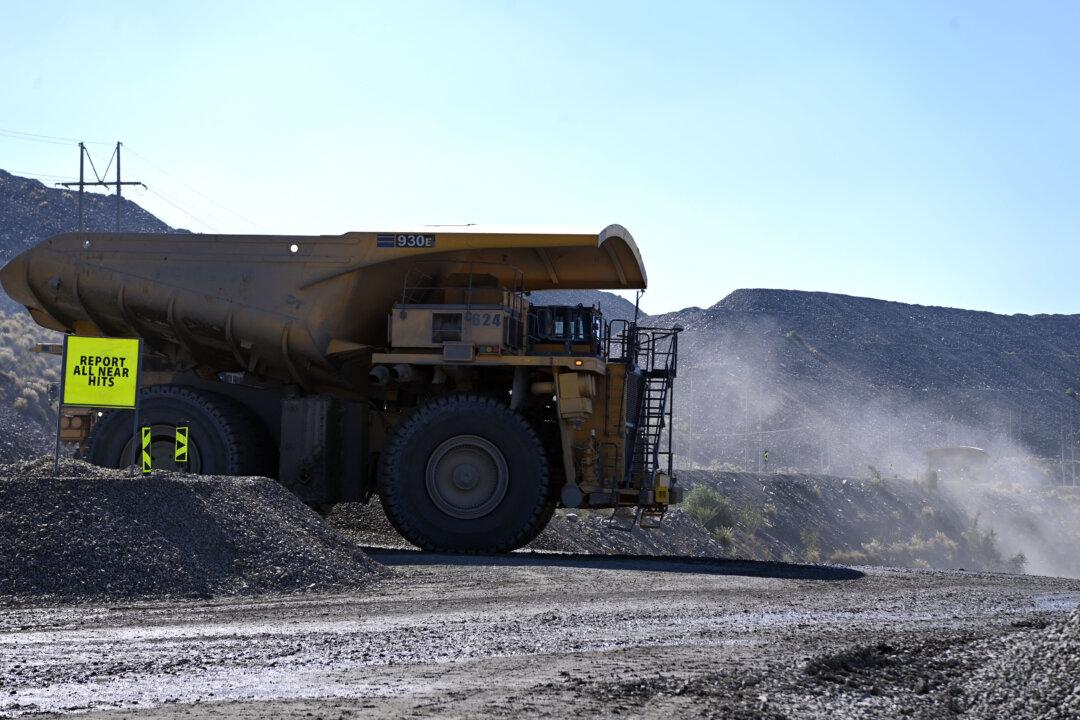JOHANNESBURG—Mcebisi Jonas does not usually suffer from nerves. If he did, he would not have survived a brutal guerrilla campaign against South Africa’s apartheid foot soldiers in the 1970s and 1980s.
“As a cadre for the ANC [then-banned African National Congress], I was fighting for freedom from racism, for black people’s right to vote, for human rights,” Jonas, former South African minister of finance, told The Epoch Times.





